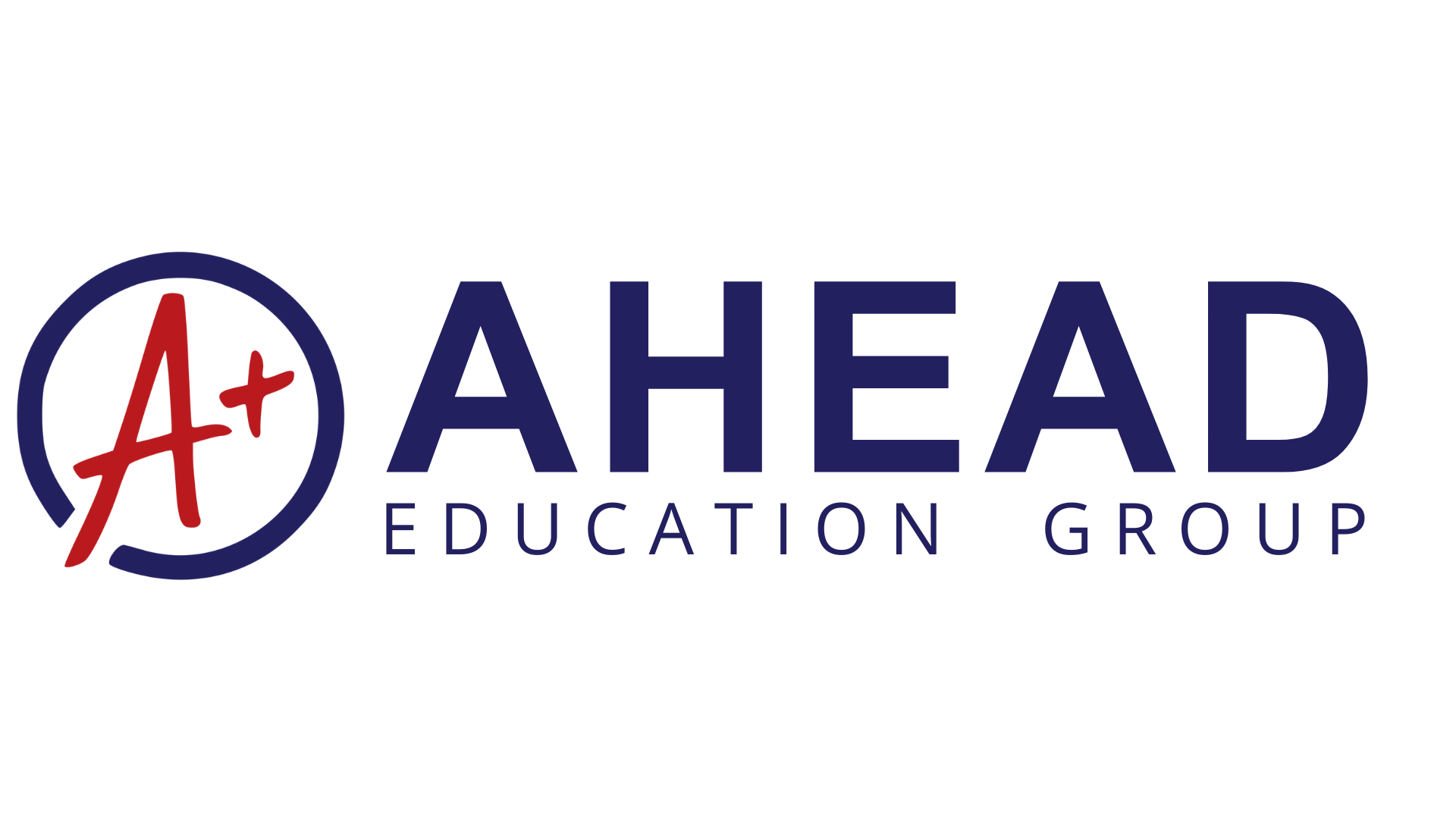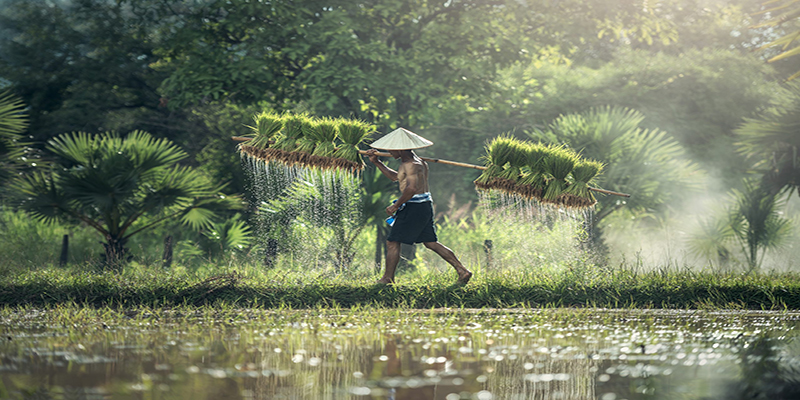Asian parents may seem authoritarian and toxic in our westernized eyes because their parents and their grandparents raised them that way because that is what most Asian societies thought parenting should be. And these notions of parenting stem from our geography as located in Monsoon Asia or the part of Asia that experiences the most rainfall. Because of our location in this region, our ancestors adapted and develop a unique culture and social structure best suited to where we are located, such as the importance of extended family, respect for the wisdom of the elders, true or otherwise, and many more (Murphey 2016).
But because of the advent of globalization and the westernization of today’s youth, it seems these ideas are slowly being challenged by today’s teenagers as somewhat archaic and restrictive for them. Also, the transition from an agricultural to an industrial society plays a big role in the youth’s change, since the rationale for this kind of upbringing is disappearing.
What is Monsoon Asia?
Monsoon Asia, as I previously stated before, refers to the region of Asia that receives ample amounts of rainwater due to the movement of monsoon winds to and from the Asian landmass. According to Rhoads Murphey (2016), Monsoon Asia is the southern and eastern part of Asia where rainfall, despite the occasional dry years, is adequate while the temperature is more moderate compared to the other parts of Asia due to the influence of the sea. This region usually refers to Southeast Asia, the eastern parts of mainland China, as well as Japan and Korea. Because of the ample amount of rainfall in the area, agriculture, particularly rice, became a staple source of food and wealth for most of the people in this region due to the abundant harvest. And because of the large harvest produced, the region housed a large percentage of the world’s population that was only challenged during the 20th century.
Correlation between Monsoon Asia and Asian Parenting

According to Murphey (2016), this makes Asians collectivist due to the need to maintain structures needed for wet-rice agriculture. To maintain rice paddies and harvest rice, the entire community needs to work as one, since planting rice is very labor-intensive. Also, the monsoon winds are very unpredictable, just like the 2011-2012 Habagat, so the entire community needs to band together to survive. Also, rehabilitating a damaged community needs teamwork, which is why Asian communities are very close-knit. Due to this, Asian societies are more averse to individualism because the whole group needs to band together as one in order for the entire collective to thrive despite the unpredictability of Monsoon Asia.
Asian Traits are Based on the Asian Environment
In short, a lot of the parenting traits that our parents show, whether good or bad, stems from how our location within Monsoon Asia affected our ancestors’ way of life. Due to the communal nature that our ancestors grew up in favored placing the needs of the community above individual needs, the importance of family especially the elder members. As a result, Asian parents a lot of emphasis on these values as they believed that by doing so they are giving their children a better life. And as a previous AHEAD article noted, for Asian parents ,it is alright for them to lose some of their child’s affections due to the more negative impacts of these values to them rather than lose their child altogether.
Sources:
Gohu, K. (2020, February 17). “Are we being too harsh?” Asian Parenting vs Western Parenting. Retrieved February 21, 2020, from https://www.review.ahead.edu.ph/are-we-being-too- harsh-asian-parenting-vs-western- parenting/
Murphey, R. (2016). A history of Asia (7th ed.). New York : Routledge.

